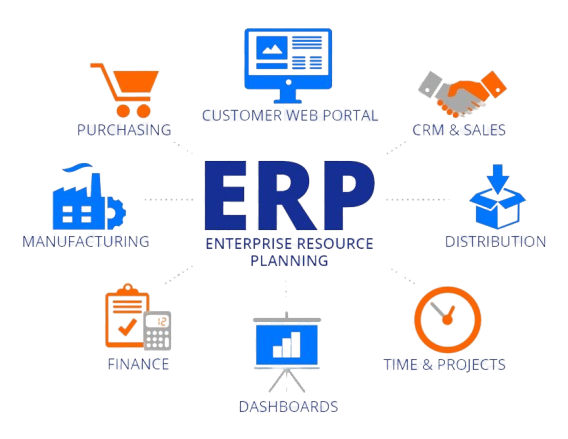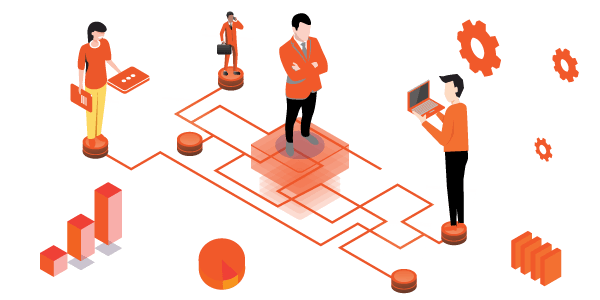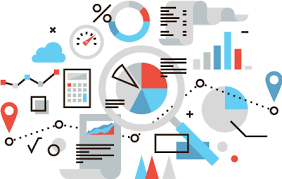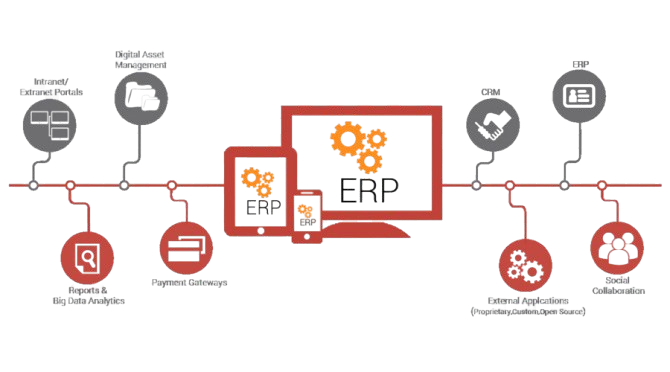Enterprise Resource Planning (ERP)
- Home
- ERP
Enterprise Resource Planning (ERP) is business process management software that allows an organization to use a system of integrated applications to manage the business and automate many back office functions related to technology, services and human resources.
ERP software is considered to be a type of enterprise application, that is software designed to be used by larger businesses and often requires dedicated teams to customize and analyze the data and to handle upgrades and deployment. In contrast, Small business ERP applications are lightweight business management software solutions, often customized for a specific business industry or vertical.
The cloud has been advancing steadily into the enterprise for some time, but many ERP users have been reluctant to place data in the cloud. Those reservations have gradually been evaporating, however, as the advantages of the cloud become apparent.





